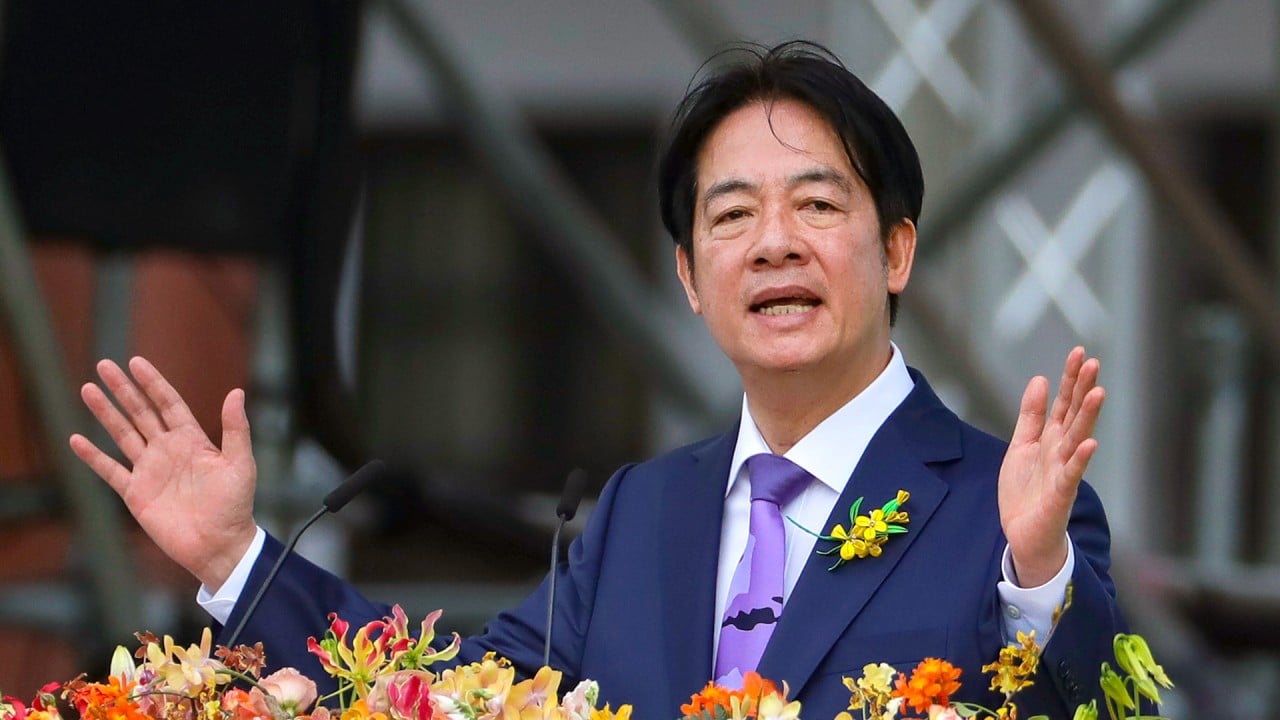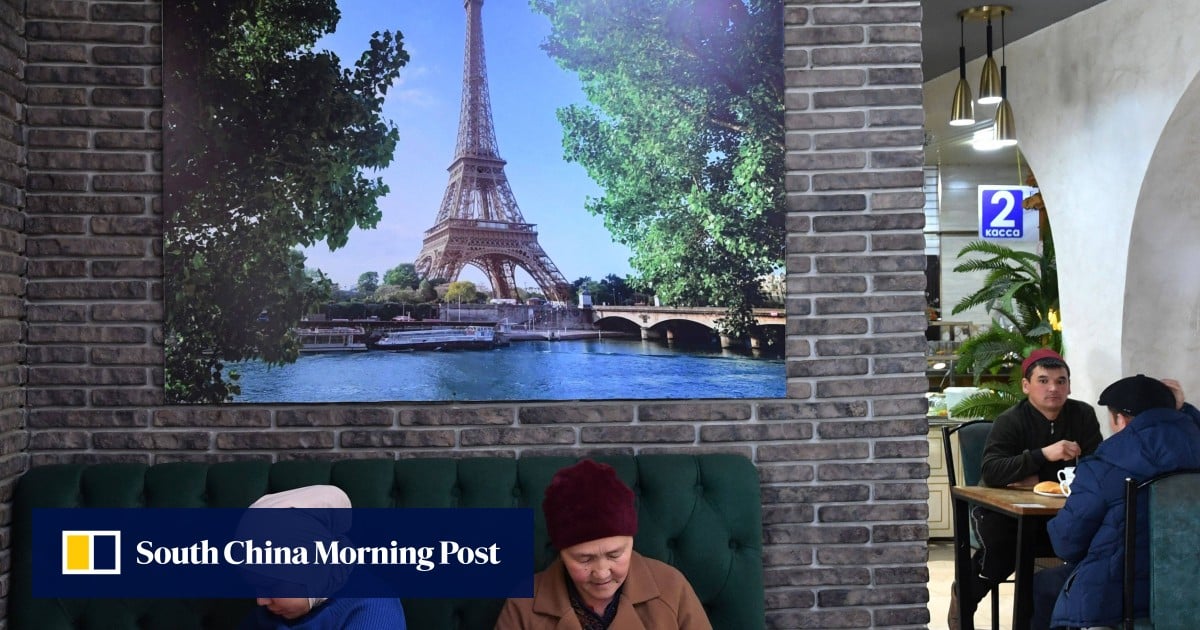Spencer Liang, honorary chairman of the Taiwan Internet of Things Association, said more Taiwanese businesses have purchased high-end but cheap electronic components such as chip sensors from the mainland in recent years.
There has been frequent cooperation, especially among small and medium-size enterprises in the Internet of Things sector, Liang said in an interview on the sidelines of the Straits Forum in Xiamen.
The Internet of Things involves networks that connect sensors embedded in devices ranging from fitness trackers to manufacturing equipment.
He said that given the nature of the industry “there are many vertically integrated companies … that have benefited from the complementary technologies from both sides of the strait”.
He said the industry “would be happy to” get involved in rapidly growing mainland industries such as electric vehicles and drones, but he admitted it would be difficult to develop supply chains involving sensitive technologies.
The industry is also expected to be affected by the mainland’s decision to halt preferential tariffs for some Taiwanese goods and “the impact would be especially huge on hardware, end products as the profit margin competition is keen,” Liang added.
Last month the mainland authorities announced they would suspend tariff cuts agreed under the Cross-Strait Economic Cooperation Framework Agreement in response to Taiwanese leader William Lai Ching-te’s inaugural speech in May, which Beijing denounced as a “confession of independence”.
The decision, which came into effect on Saturday, affects dozens of chemicals and related goods, lithium-ion batteries and machine tools.
Beijing sees Taiwan as part of China that must be reunited with the mainland – by force if necessary. Taiwan is not recognised as an independent state by most countries, including its main arms supplier the US, although Washington is opposed to any attempt to take the island by force.
However, Beijing has continued efforts to woo Taiwanese entrepreneurs.
“There are many agricultural cooperation projects between the two sides of the Taiwan Strait, … [but mostly between] Taiwanese farmers coming to China to develop and mainland farmers, or with agricultural groups.”
Hsu said Taiwan was not open to mainland investment in Taiwan agricultural projects.
Taiwan’s agricultural exports, originally highly dependent on Chinese consumers, plummeted since 2021 as Beijing began a series of food bans ranging from fruits to fish.
Despite trade and investment restrictions, Hsu, also the founder of a winery in Hebei province, said there is potential for technological cooperation said Taiwan should “work harder on” the use of artificial intelligence for quality control and monitoring to boost productivity.
But he said formal interactions between research and academic institutions across the strait are limited.
The ongoing tensions have also lowered hopes for the resumption of cross-strait tourism.
Liu Chi-fang, a village chief in Kaohsiung City, said it is unlikely that mainland residents will be allowed to travel to the island during Lai’s term in office.
“I do not think he thinks he cares about the tourism industry in his policy direction,” said Liu, adding he thought there was little discussion within the government about the impact of reopening tourism with the mainland.
Mainland tourists – once the largest group of travellers to Taiwan – need the approval of both mainland and Taiwanese authorities to travel there.
Beijing first allowed individual mainlanders to travel to Taiwan as tourists in 2011 but suspended travel to the island by individuals in 2019, citing cross-strait relations as the reason.
Beijing in April announced plans to allow groups from Fujian province to visit, but postponed a test tour scheduled in June until further notice.
The Straits Forum, which Beijing has described as the biggest platform for cross-strait people-to-people exchanges, is being held in the Fujianese city of Xiamen, which lies opposite Taiwan.








